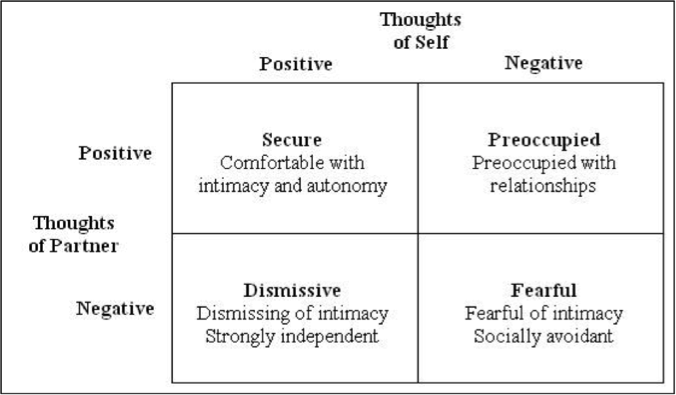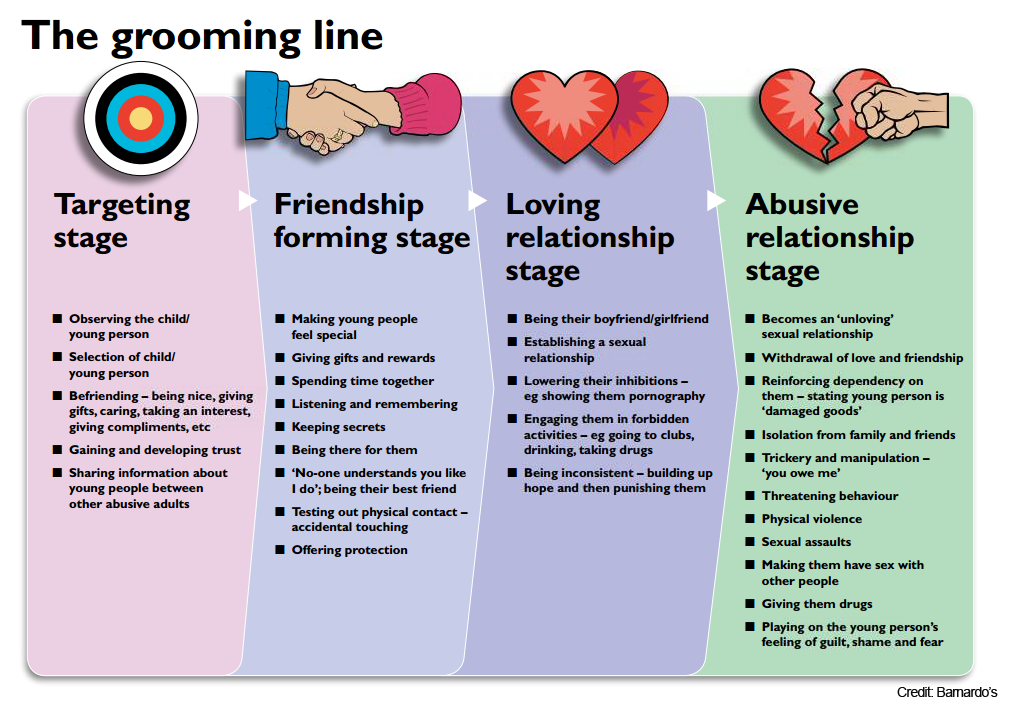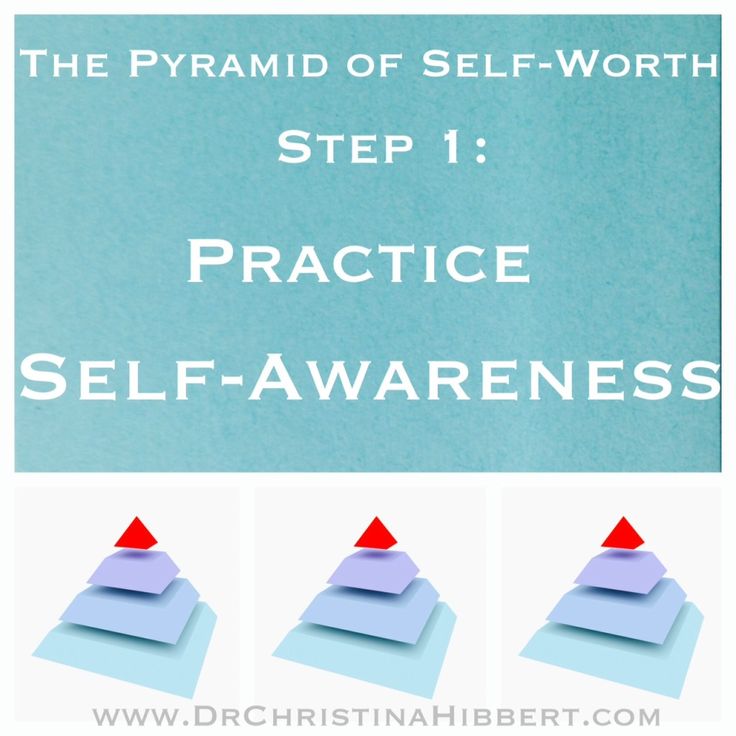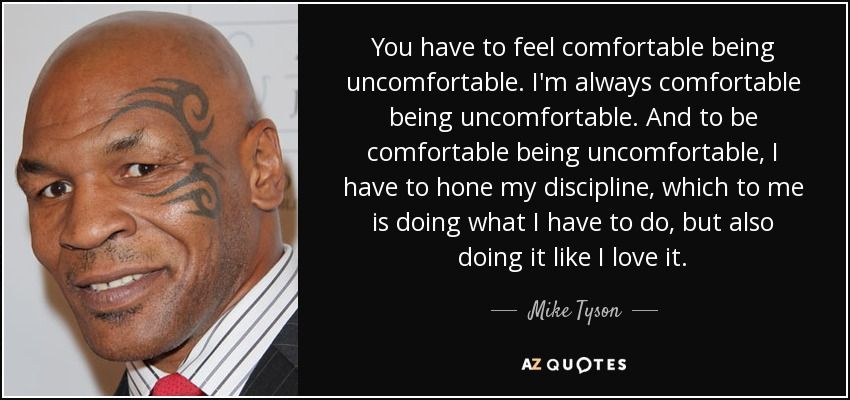Personality vs looks
Personality is more important than looks
I comply with the topic, “Personality is more important than looks”. Both of these adjectives fall under two different domains. There is something called Inner Beauty and Outer Beauty. Personality is something that we call inner beauty which refers to the mindset and character of a person and Looks is something that we call outer beauty which simply refers to the physical appearance of a person. In my opinion, looks can never be a factor based on which an individual should be judged. How we look, What’s the colour of our skin, Short or Tall, all these traits are God-Gifted and we ain’t the one who can manipulate it.
Looks or Outer Beauty is the one that can be pretended. There are many ways in which a person can look good, be it Dressing, Make-up, Surgery, or any other treatments but Inner beauty can’t be pretended. It reflects in the behaviour and attitude of a person. A person may possess a very good and dashing appearance but if he doesn’t have morals, ethics, and good personality, he will still be considered evil.
Sometimes, outer beauty gets more significance, for instance, in fashion shows. Over there, the people will rate you according to your looks and appearance. However, even in a fashion show, the contestants need a positive personality. If he/she possesses a negative personality, it will be very difficult for him/her to win the crown because personality reflects in your attitude. Moreover, beauty is just a short – sustaining bonus of nature. It doesn’t last for too long with any individual. As you grow older and older, the beauty starts to fade. The only thing which will remain with us until our last breath is our inner beauty which is our personality, our attitude, and behaviour towards others. Even after demise, people will remember us for our behaviour, kindness, and professionalism and not on the ground of our appearance.
There is a common saying that, “Beauty lies in the eyes of the beholder”. It ravishingly explains that it depends upon the person with whom you are dealing with whether you look attractive to them or not.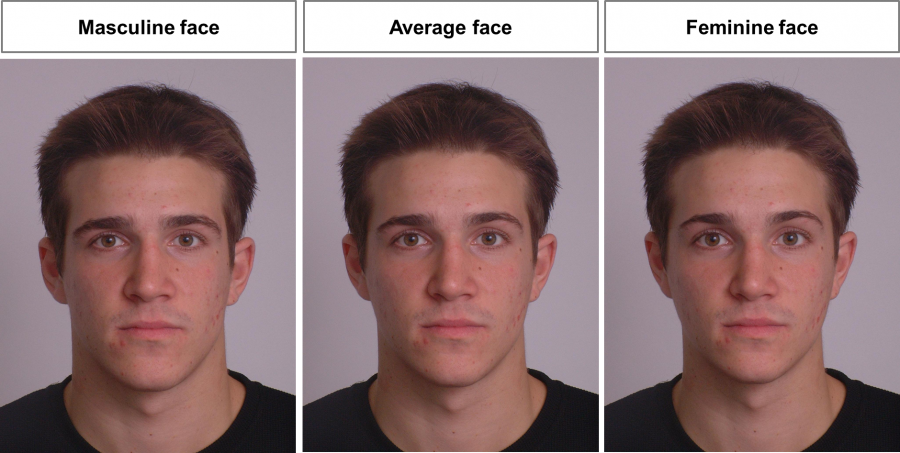 Not all people will judge you by the looks you possess, some will still consider you beautiful, even if you are not, because of the personality you possess.
Not all people will judge you by the looks you possess, some will still consider you beautiful, even if you are not, because of the personality you possess.
However, there are still many people who lack this moral and run after appearance rather than personality. They will pretend in front of everyone that they don’t care for looks but they do. Let’s take an example of George Floyd, a black man who was killed by white police officers in Minneapolis in the United States recently. Worldwide, over millions of people are protesting for him with a phrase, “Black Lives Matter” and the social media platforms are also flooded with these hashtags but deep down we all know that most of them themselves run after physical appearance of the person. When they have to find a bridegroom for their daughters, most of them will try their best to find one with better looks and wealth rather than inner beauty and behaviour, which is the most important one for keeping their daughters happy for a lifetime.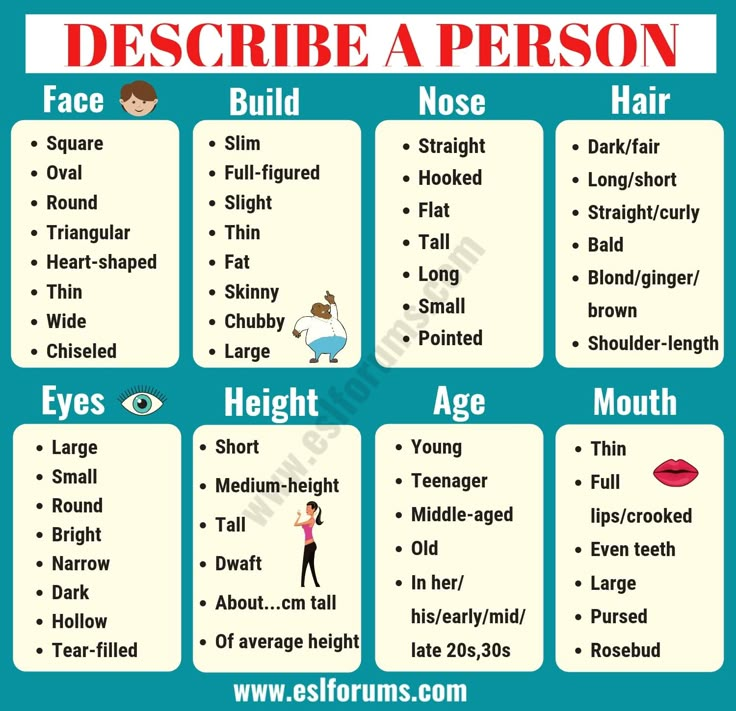 So, there’s a drastic need for change in people’s mentality. They should heartily accept that not only Black but all lives matter and look is not a criterion for deciding which person is gentle and which is not.
So, there’s a drastic need for change in people’s mentality. They should heartily accept that not only Black but all lives matter and look is not a criterion for deciding which person is gentle and which is not.
As a conclusion, I must say that a person should focus on and work on his personality. He should make sure that his behaviour and attitude are not hurting anyone and people consider him a wise and gentle person. Whatever beautifulness and smartness you try to manoeuvre, but at the end of the day, if you don’t get moral pleasure and peace of mind, that you have done right to all those you met throughout the day, you won’t be considered a beautiful person. And this moral pleasure comes from nowhere other than people’s blessings.
So, it doesn’t matter at all whether you are good looking or not, you have to be well-behaved and possess inner beauty and you will be praised everywhere.
I hope this write-up spreads a good message to all the readers.
{{:comment}}
{{if id!=-1}}
{{if opinion && opinion[0] && opinion[1]}} {{:opinion[0]. count}} {{:opinion[1].count}} - {{/if}} Reply - Flag
count}} {{:opinion[1].count}} - {{/if}} Reply - Flag
Flagged
{{/if}}
13 reasons personality always matters more than looks
Having good looks can only get you so far in life.
Sure, you might catch other people’s attention and make a better first impression than others, but that tends to fade over time.
A good personality — the kind that draws people in and keeps them interested — is the key to living a more successful life.
How you carry yourself is beneficial not only in romantic relationships but in climbing the professional ladder as well.
These are 13 of the reasons why being conventionally attractive isn’t as important as you might think.
1. Attraction Is More About Feelings
In relationships, what’s going to sustain it for years are the personalities of those involved, not the physical appearance.
It’s why unlikely pairings exist. If the two have matching personalities, they’re bound to get along well together.
Being attractive doesn’t always mean that one has to look like an international supermodel.
While, yes, a person’s physical appearance might be magnetic initially, what would ultimately keep up the relationship are the feelings. And those can come from anyone, regardless of their looks.
A relationship whose foundation is based solely on physical attraction isn’t bound to last as long as ones based on genuine feelings for each other.
2. Personality Makes Someone Interesting
Even though physical attractiveness can make a better first impression, it can’t hold up the conversation for long.
When someone is interesting enough, what they look like holds little importance.
Being interesting can’t be faked.
Anyone can put on a vintage jacket or multi-colored shoes, but if they aren’t interesting, it can be hard to stick around them for too long before wanting to walk away to someone more engaging.
It isn’t being mean, it’s a better use of time.
3. Kindness Has Many Faces
Kindness is a universal virtue.
Acting in the service of others and showing a kind spirit is something anyone should be capable of.
That means that there are no physical requirements to being kind.
When someone is kind, they immediately seem more attractive.
It means that they are caring, considerate, and overall, trustworthy people.
Meaningful relationships rely on the respect and kindness of those involved.
So we’re naturally drawn to people that are kind and welcoming rather than those who are rude and disrespectful.
4. Looks Don’t Guarantee Chemistry
Relationships aren’t all about the physical activities that you do together.
Sometimes, the most meaningful thing that can be done is to have an intimate and meaningful conversation.
There are usually people that you meet that you wouldn’t normally be attracted to, but your conversations together feel natural and not awkward at all.
Though they might have been on your radar before, having a nice conversation with them immediately separates them from the crowd.
5. Confidence Can Overshadow Appearance
Confidence is one of the more important traits to have if you want to be successful.
If you aren’t confident in your abilities, employers will be more than willing to move onto the next applicant.
While getting a new haircut and getting a fashion makeover could make you feel better about yourself, ultimately, confidence can’t be bought; it needs to be learned and strengthened like any other skill.
No amount of hair product can salvage a job interview without having self-confidence.
6. Looks Stop Being Important Over Time
When we visit a country for the first time, the views are arresting to us.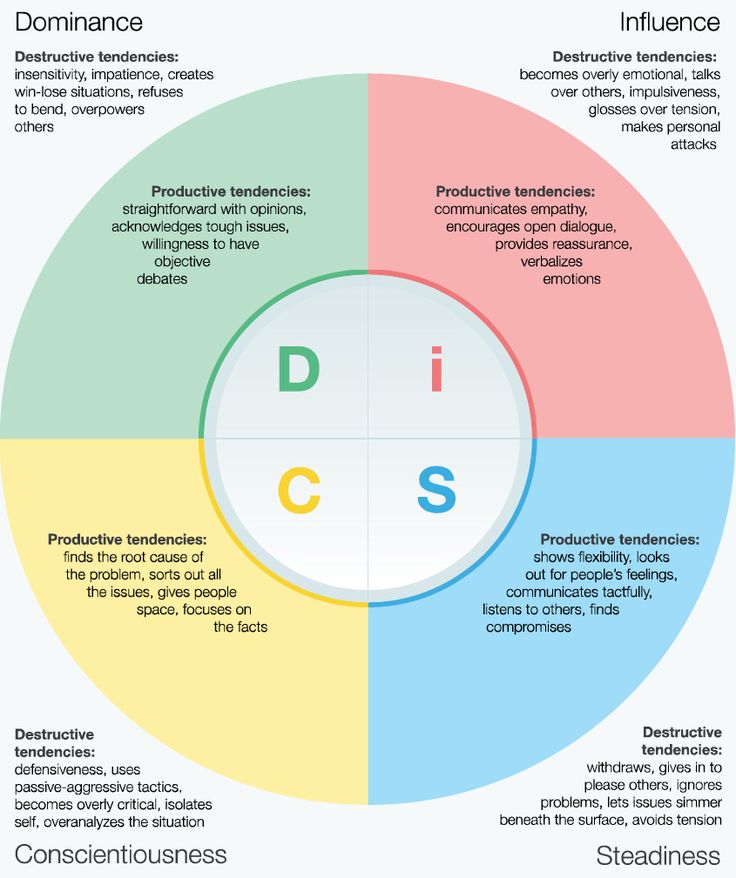
We gaze at how tall the buildings are and the colors of the streets.
We look with curious wonder at what’s inside the stores we’ve never been to and what the food in the local restaurants might be.
As we leave and return, the novelty of the trip begins to fade.
What was so enchanting at first sight feels like a common place now.
It’s the same with people too.
When a new employee joins the team, our eyes are drawn to this new face.
We look in wonder at who this person is.
But as the days go on, we can barely remember what they wore yesterday.
What does stick is our experience and the memories that we make with them.
7. Getting To Know Someone Makes Them More Attractive
It’s like Beauty and the Beast.
The humble villagers were repelled by the beast in the castle.
They couldn’t believe how Belle could ever care for such a vile monster.
But the beast was no vile monster after all.
Behind the sharp claws and the intimidating figure was someone who has a heart as well; someone who feels the exact same range of emotions as we do.
It’s called “the tale as old as time” for a reason.
We see essentially the same story in romantic movies, TV shows, and books, and the moral stays the same: there’s always more to someone that meets the eye.
Once you get the chance to know someone, it can be difficult to see them as anything other than a person like yourself.
8. Healthy Relationships Share Values, Not Physical Features
They say that birds of a feather fly together; that, in the animal kingdom, the spots should be with spots, and the stripes should stick with the stripes.
While physical features may play an important role in forming relationships, it isn’t usually the deciding factor.
Anyone has the chance to be attracted to anyone as long as they share similar core values in life.
If two highly attractive people are in a long term relationship, there’s usually a deeper reason beyond their physical features.
It’s a shared sense of understanding. It’s their personalities that draw them closer to each other.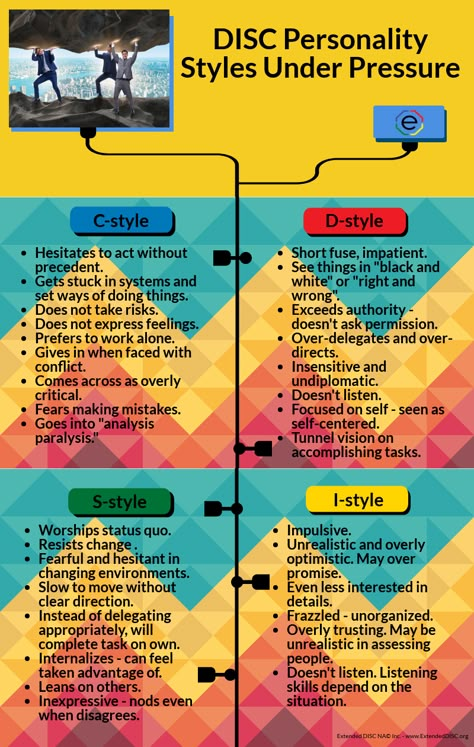
In such cases, opposites repel.
9. Passionate People Are More Attractive
When we see someone that’s passionate about painting, they seem to emanate a glow that can’t be faked by buying the most expensive brushes and posting pictures about it.
Their passion coats their physical features.
When someone talks to you about something they’re deeply passionate about, whether it’s books, stationary, 18th-century architecture, or hotdogs, there’s always going to be that twinkle in their eyes.
When we’re around passionate people, enthusiastically sharing the intricate details of the thing that their heart follows, it can be contagious.
We feel inspired. How can we not? If they can find what they’re passionate about, so can we.
10. Personality Makeovers Are More Significant Than Fashion Makeovers
Changing one’s personality is more impactful than someone getting a makeover.
If they’re still the same person but with nicer hair, the novelty of the makeover seems to diminish much faster.
If someone you know is consistently known for having a temper, but then they decide to become calmer and more forgiving, their change in behavior will strike you more than them changing their hair color or buying better fitting pants.
Seeing them making the effort to take responsibility for their actions, admit their mistakes, or return to school to get their degree, changes your perception of them far more.
11. Personality Helps In Your Career
While physically attractive people make better first impressions, it isn’t enough to get a promotion if you don’t have the abilities for the job.
Employers and hiring managers look for people that can fit well with the company, and looks aren’t usually the most important factor in deciding that (unless, of course, it’s a modeling job)
Instead, employers look for work ethic and grit in someone.
They want someone that isn’t going to disrupt the team dynamic.
And if you have a good personality, people will naturally be drawn in, which might even open up more career opportunities.
12. Personality Lasts Longer
When someone passes away, people don’t make eulogies entirely about their fashion sense; they talk about who they were.
How they spoke to people; how they treated the waiter; how they impacted the people that they came across.
Eventually, people’s hair turns white and their face gains more wrinkles.
Someone’s personality, if it’s strong and influential enough, could live on even after they’re gone.
That’s why there are foundations built in the name of people who have gone ahead.
They’re trying to channel their personality through the company and keep them alive for just a little while longer.
13. Personality Makes Someone Unique
People can look alike.
They can buy the exact same clothes and have the same style of hair. They can use the same words and walk the same way.
If twins are seemingly mirror images of each other, how can we tell them apart? We look at their personalities.
Everyone has a different personality.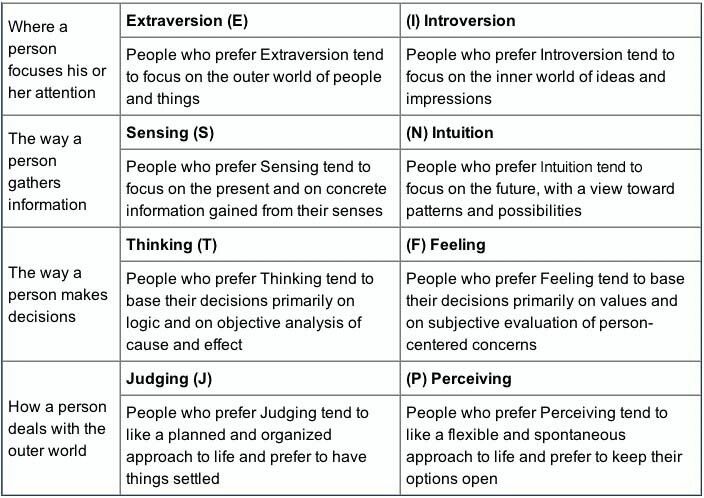
We’re all 1 of 1 in the production line of humankind. There’s no one like us.
Someone’s personality makes them stand out far more than what they’re wearing or what they look like.
While institutions can mandate that every person wears a uniform and acts the same way, there’s always going to be people that are kinder, smarter, more curious, and more inclined to one department than another.
We’ve all got our own stories to tell; our own memories and experiences; our own favorite movies and least favorite song.
While people dress to impress and fit in, they’re also looking for people that stand out from the crowd.
The Secret to a Better Life?
Hi. I’m Lachlan Brown, the founder of Hack Spirit.
I want you to know that if you’re struggling with feelings of anxiety, confusion, and frustration, it’s okay.
You see, I’ve been there too.
In my new eBook, I take you on a journey from my days as a lost 20-something hefting TVs in a warehouse to embracing Buddhism and creating the life of my dreams.
And I reveal a step-by-step process for you to transform your life in the same way…
If you’re ready to finally escape the life traps you’ve been stuck in, this eBook is what you’ve been waiting for.
Trust me, if I can use the teachings of Buddhism to brighten and empower my life, you can too.
Check out my new eBook here.
Did you like my article? Like me on Facebook to see more articles like this in your feed.
The Ugly Truth: How Appearance Affects Our Lives
- David Robson
- BBC Future
image copyrightGetty
The features of one's own face can greatly help or hinder a person - and it's not just about attractiveness. People around you usually unconsciously evaluate your appearance according to criteria that you did not even think about, correspondent warns BBC Future .
Imagine that you have a non-identical twin. You have the same upbringing, the same IQ, the same education, the same hobbies. You are equally sociable, adventurous, interesting. Go to the same sports club for sports, like to eat the same dishes.
Spiritually and intellectually, you are twins. There is only one difference: your faces. Let's say one of you has semi-childish features with wide eyes. And the other has sharp cheekbones and a more brutal (in some ways even slightly Neanderthal) forehead. nine0011
How will your lives develop over the years? Will you follow the same path, or will small differences in appearance force you to take different paths?
The latter is true. Just by throwing one glance at you, others immediately draw conclusions about your abilities and whether you can be trusted; decide whether you are a leader or a performer. And these biases can influence the most important events in your life, determining everything from your circle of friends to your bank account balance.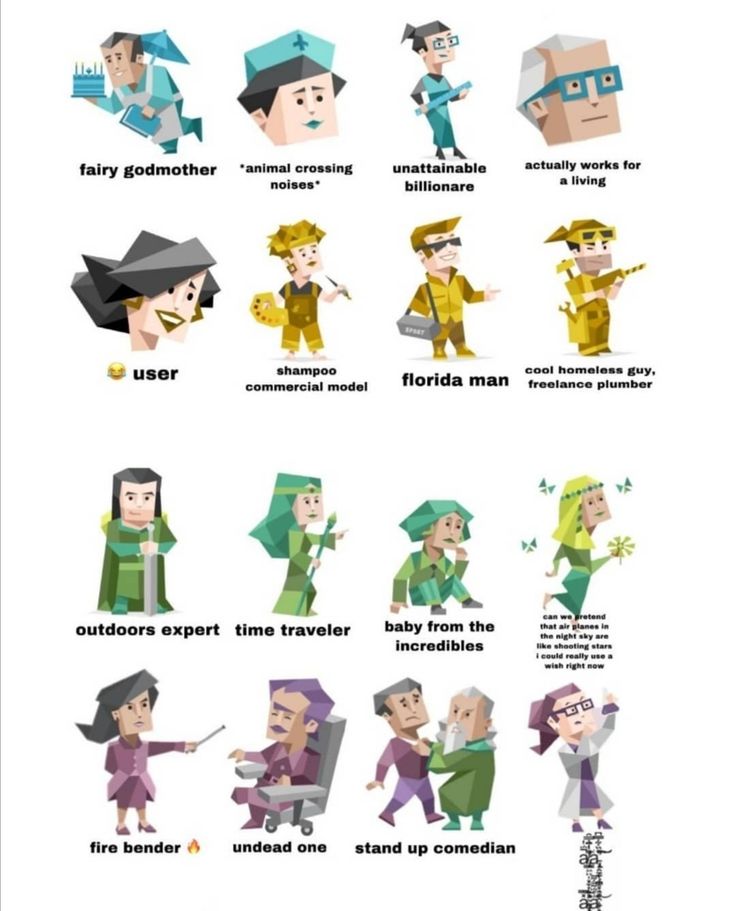
(More BBC Future articles in Russian)
"We like to think we make decisions rationally, but in reality we are often influenced by rather superficial signals," says Carnegie Mellon University's Christopher Olivola. absolutely superficial, but very important factor."
Until now, the tendency to evaluate a person by his appearance (“hypocrisy”, as Olivola and his colleagues call it) was taken for granted. But the more scientists understand the impact this has on our lives, the more they begin to wonder if "hypocrisy" should not be considered a harmful prejudice that needs to be fought. nine0011
Physical attractiveness can be considered its main component, especially considering how closely we follow the adventures of celebrities. Back in the 1990s, economist Daniel Hamermesh found that beautiful people can earn 10-12% more than their average-looking counterparts, a trend that can be seen across careers ranging from American football to law and even economics.
Image copyright Getty
Image caption,Even the smallest differences in appearance can send twins on different paths in life
Skip the Podcast and continue reading.
Podcast
What was that?
We quickly, simply and clearly explain what happened, why it's important and what's next.
episodes
The End of the Story Podcast
"Unpleasant discovery," Hamermesh says now, a couple of decades later. True, he found at least one exception to the rule - a pretty appearance is not very useful for people who trade in armed robbery. "If a robber can intimidate you to give you money, then he does not have to resort to physical violence," he notes. nine0011
As we have already mentioned, beauty does not always help law-abiding people either: an attractive woman, for example, can be flunked at an interview, believing that her appearance can interfere with her professional activities.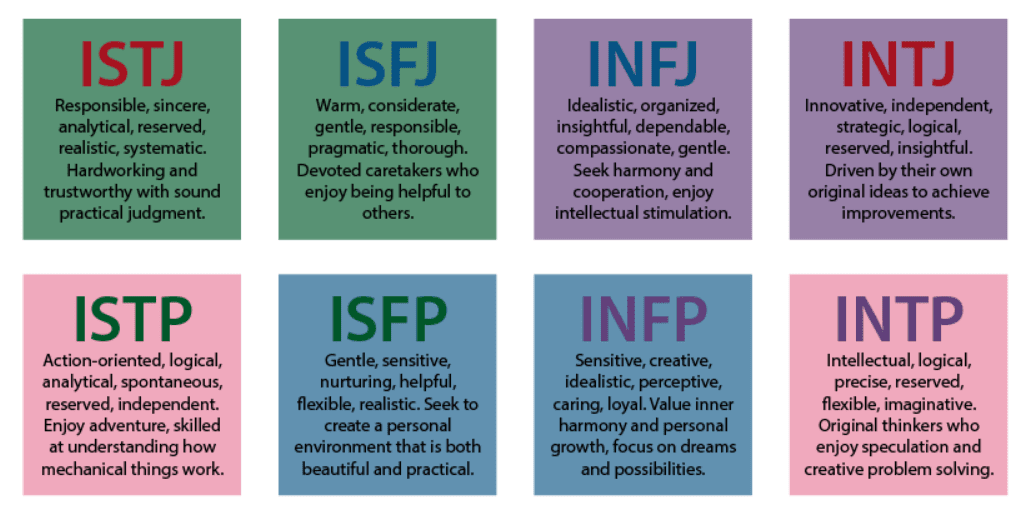
Anyway, we sometimes give too much importance to beauty, forgetting about other forms of "facial discrimination". Alexander Todorov, a colleague of Olivola at Princeton University, set up a curious experiment 10 years ago: he asked subjects to look at photographs of American politicians running for congress and the Senate (given only one second for each photo), and then rate on a numerical scale how they looked like suitable candidates. Even after taking into account other factors, such as age and attractiveness, it turned out that a second of thinking allowed the participants in the experiment to guess the winning candidate 70% of the time. nine0011
A similar result was obtained by later studies, during which they studied how facial features affect the success of the owner (without attractiveness). It turned out that the more powerful a person looks, the more chances he has to get to the post of head of the company - and earn more money at the same time.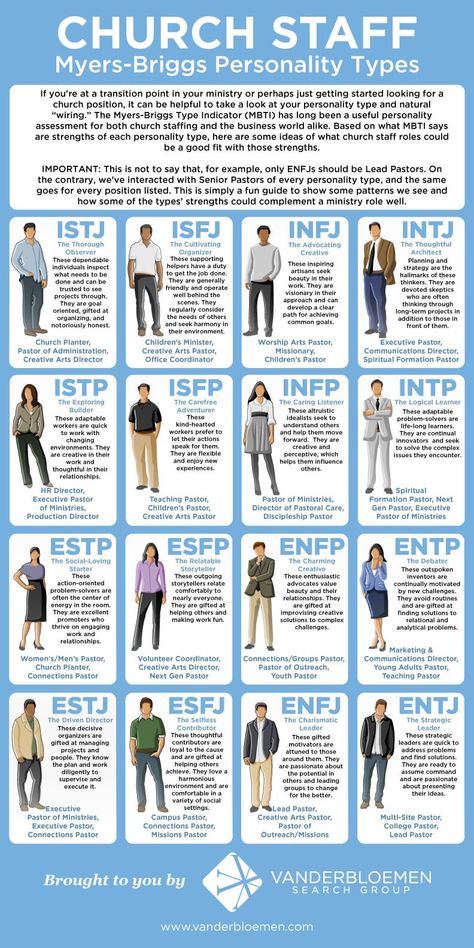 The scientists also asked the subjects to evaluate the faces of cadets of military schools for authority - and it turned out that subsequently the career went faster for those cadets who received high marks in this experience. nine0011
The scientists also asked the subjects to evaluate the faces of cadets of military schools for authority - and it turned out that subsequently the career went faster for those cadets who received high marks in this experience. nine0011
Image copyright Getty
Image captionHas your appearance ever let you down?
It is also widely believed that one can conclude from the face that the person in the photograph is honest. When subjects are shown a set of pictures, they tend to agree on which people they can trust—which affects their willingness to lend money to those people. In court, an open face can even help to get away with it: scientists have found that suspects who outwardly inspire confidence are more likely to be acquitted with equivalent evidence. nine0011
It must be admitted that these conclusions are made on the basis of completely subjective assessments. How do people know what traits make a person look bossy, intellectually capable, or dominant? Perhaps we are simply reacting to facial expressions - an open smile or displeasedly shifted eyebrows. Facial expressions certainly matter. But there is reason to believe that we notice other, more permanent features.
Facial expressions certainly matter. But there is reason to believe that we notice other, more permanent features.
For example, Olivola and Todorov in their research used carefully designed computer images of faces with completely neutral expressions to exclude the influence of facial expressions on perception. The scientists asked the subjects to evaluate the faces and, by comparing the ratings of numerous images, were able to create sketches, the features of which most fully reflect one or another character trait. Looking at these sketches, we can conclude that in our perception of a person we are guided by a whole complex of different facial features - from the shape of the eyebrows to the bone structure of the skull. nine0011
Take a look at this photo and see if you yourself look competent, bossy, extroverted, or trustworthy.
Image copyright Christopher Olivola Friederike Funk Alexander Todorov
Photo caption,These faces reflect, in ascending order: (A) competence, (B) authority, (C) extraversion, (D) trustworthiness
that they themselves would never perceive the people around them so superficially.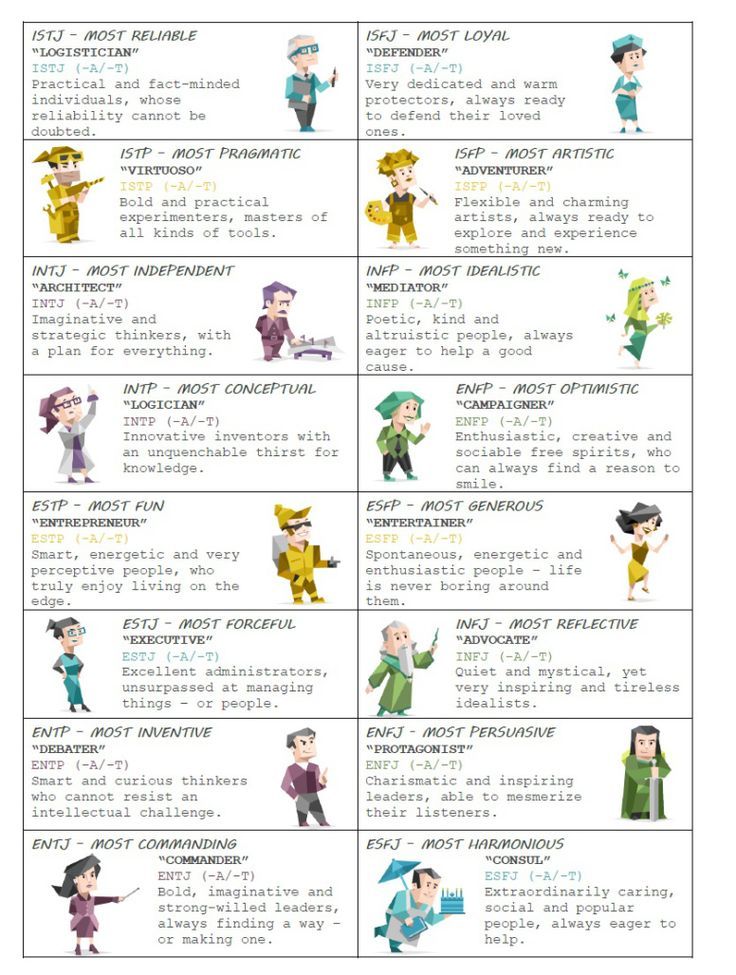 But in fact, as soon as we meet someone, we immediately unconsciously give this person an assessment. Todorov showed that it takes only 40 milliseconds to form the first impression of a person (it takes 10 times longer to blink once). And this skill is formed from a very early age: three-four-year-old kids, based on their appearance, are already taken to draw conclusions about who is "bad" and who is "good." nine0011
But in fact, as soon as we meet someone, we immediately unconsciously give this person an assessment. Todorov showed that it takes only 40 milliseconds to form the first impression of a person (it takes 10 times longer to blink once). And this skill is formed from a very early age: three-four-year-old kids, based on their appearance, are already taken to draw conclusions about who is "bad" and who is "good." nine0011
In principle, there is nothing wrong with such superficial judgments - provided that they basically correspond to reality. There really is a reasonable grain in them: Jean-Francois Bonnefont and colleagues from the French National Center for Scientific Research recently conducted an experiment in which participants played an economic game. They were each given a few euros and had to decide whether to invest in other players - who in turn could either take all the money for themselves (the "unfair" option) or share the profits (the "fair" option). nine0011
Based on just one photo, participants could predict which behavior option their partner would choose - and it turned out that they did guess more often with the help of a photo portrait than if they made a choice purely by chance. The scientist believes that the results of this experience make us think about the curious questions of human evolution: “It is difficult to understand why nature decided to put the sign “I cannot be trusted” on our faces. the face can also reflect hormone levels and the health of the immune system. nine0011
The scientist believes that the results of this experience make us think about the curious questions of human evolution: “It is difficult to understand why nature decided to put the sign “I cannot be trusted” on our faces. the face can also reflect hormone levels and the health of the immune system. nine0011
But from a practical standpoint, our accuracy in visually evaluating other people's traits leaves much to be desired and may even do more harm than good. "People pay too much attention to appearance, forgetting about other information that they already possess," says Olivola. For example, in games where honesty and trust are important, participants tend to trust a partner with innocent features - even with reliable information that this person has previously been convicted of cheating.
So, going back to our twins, it's not hard to imagine how the difference in initial perception of appearance can lead you and your imaginary non-identical twin brother down very different life paths.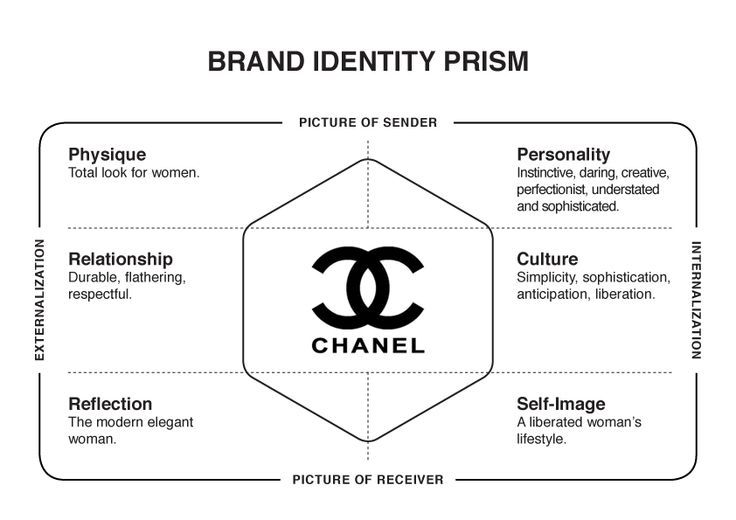 Appearance can determine your fate in a variety of situations: when you come to a party, meet the parents of your bride or groom, get a job or try to get a loan from the bank.
Appearance can determine your fate in a variety of situations: when you come to a party, meet the parents of your bride or groom, get a job or try to get a loan from the bank.
This issue is particularly important in today's world, Olivola notes: “With social media accounts, we can form an impression of ourselves even before we start talking to a person, and even before we get to know each other personally. Imagine that you are hiring a new assistant.You are going to look at all the resumes as objectively as possible, but if you catch your eye on a photo, then a grain of bias has already been planted in your soul. This can distort the perception of further information. " Bonnefon agrees with Olivola: "Perhaps, it is impossible to wean people from drawing instant conclusions - we do so automatically." nine0011
Image copyright, Getty
Image caption,Wide eyes can mean innocence - but first impressions can often be deceiving
With these considerations in mind, Olivola and Todorov recently wrote an article in which they wrote that it is time for psychologists to think about methods opposition to "hypocrisy". “If it is necessary to make an important decision, then I try to structure the incoming information in such a way that the person appears at the very end of the process,” Todorov says. “When we interview graduates, I know even before a personal meeting whether I want to work with this other candidate. The most important information is information about past successes and letters of recommendation. " nine0011
“If it is necessary to make an important decision, then I try to structure the incoming information in such a way that the person appears at the very end of the process,” Todorov says. “When we interview graduates, I know even before a personal meeting whether I want to work with this other candidate. The most important information is information about past successes and letters of recommendation. " nine0011
Olivola even suggests screening candidates during interviews, although he acknowledges that this may not be the most practical solution. However, the experience of many professional music orchestras shows that blindfold auditions reduce the impact of bias on the outcome: for example, one study found that more women were admitted to orchestras this way.
In her book Beauty Pays, Hamermesh writes that appearance-based bias can lead to unpleasant legal consequences - if, for example, you can demonstrate in court that you are paid less than your colleagues who look more attractive.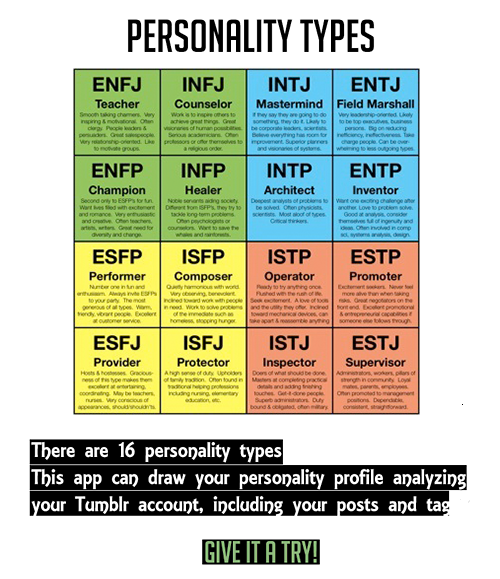 But the preparation and adoption of new laws require money, and the scientist believes that these resources may be worth using to solve more pressing problems. nine0011
But the preparation and adoption of new laws require money, and the scientist believes that these resources may be worth using to solve more pressing problems. nine0011
"The question is: do we want to spend public funds to protect ugly people when, in my personal opinion, other groups deserve more attention?" he asks. Of course, no one argues that the fight against "hypocrisy" should distract us from the battles with other prejudices like sexism or racism (although in cases where "hypocrisy" is superimposed on them, the negative effect can only increase).
But regardless of whether we want to transfer this issue to the legal field or not, we should at least think about the superficiality of our perception. Unlike most other prejudices, in "hypocrisy" we play the role of both villains and victims: each of us at least once made unfair conclusions about a person based on appearance, and everyone was probably the object of such an unfair treatment. nine0011
This is such an ugly truth, which, nevertheless, is worth facing.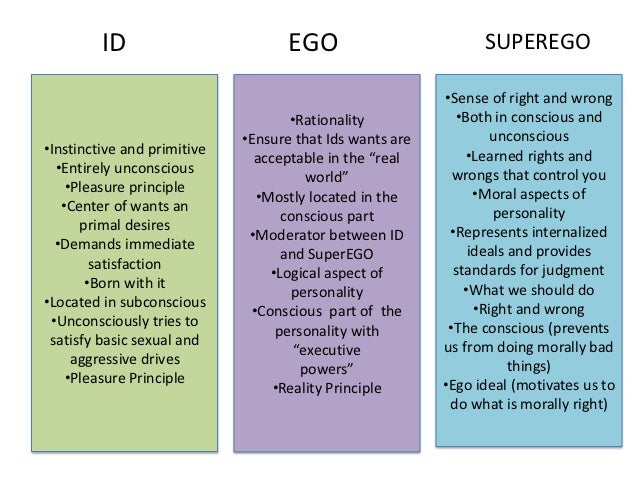
Read the original of this article in English is available on the website BBC Future .
Types of "difficult" personalities and ways of communicating with them
As the appearance of one person differs from the appearance of another, so the psyche of each person is different from the psyche of other people. However, some similar features, according to which a person can be included in a certain category of such personalities, can be traced in many. It is useful to know the typology of people under any circumstances, especially in crises and critical times. What kind of people are around us? Who is the biggest burden for us to communicate with? Let's analyze the most typical categories of "difficult" personalities. nine0046
People are distinguished from each other not only by innate individual traits, but also by developmental features associated with the course of their lives. A person's behavior depends on the family in which he grew up; how and who raised him; What school did he attend? who is he by profession and what is his environment. People are different from each other, no matter how such a difference arises. As the appearance of one person differs from the appearance of another, so the psyche of each person is different from the psyche of other people. However, some similar features, according to which a person can be included in a certain category of such personalities, can be traced in many. It is useful to know the typology of people under any circumstances, especially in crises and critical times. What kind of people are around us? Who is the biggest burden for us to communicate with? Let's analyze the most typical categories of "difficult" personalities. nine0011
People are different from each other, no matter how such a difference arises. As the appearance of one person differs from the appearance of another, so the psyche of each person is different from the psyche of other people. However, some similar features, according to which a person can be included in a certain category of such personalities, can be traced in many. It is useful to know the typology of people under any circumstances, especially in crises and critical times. What kind of people are around us? Who is the biggest burden for us to communicate with? Let's analyze the most typical categories of "difficult" personalities. nine0011
1. Hysteroid personalities
A sharp change of mood - from deafening laughter to a shrill cry for any trifle, demonstrative behavior and eternal discontent. “Hysteric” or “hysterical” - they say behind the back of such a person. However, hysteria is not a one-time inappropriate behavior of a person, ignoring other people's rights and interests. She is an example of a complex mental disorder.
She is an example of a complex mental disorder.
A person suffering from hysteria is characterized by excessive emotionality, self-dramatization, theatricality and the desire to attract attention. Such people constantly seek or demand support, approval, or praise from others. Tantrums actively seek the attention of others through flashy, engaging behavior. They are overly concerned with their appearance, are often attractive, and are most comfortable when they are the center of attention. Their emotionality seems inadequately exaggerated, labile and superficial, they are prone to general statements and have an impressive style of speech and behavior. They are excessively, to the point of obsession, initiative, intense and assertive, emotionally excitable and crave stimulation, often responding to minor stimuli (both negative and positive) with unnecessarily strong emotional outbursts. Their speech is often energetic, emotionally rich, theatrical, accompanied by dramatic gestures and includes a lot of exaggeration. Because of their dependence on the attention of others, hysterias are particularly prone to separation anxiety and may resort to various tricks and manipulations as soon as they feel threatened. nine0011
A woman with hysterical personality disorder is defined more as a caricature of what is commonly considered femininity: vanity, superficiality, conspicuousness, immaturity, overdependence and self-centeredness. Hysteria can be seen as a caricature of sexual roles in general, referring not only to extreme femininity, but also to extreme masculinity - for example, the image of a pronounced "macho" who is demonstrative, thrill-seeking, superficial, vain and self-centered. In men, antisocial tendencies often act as characteristic masks of hysteria; in women, hysteria is hidden behind psychosomatic reactions and illnesses. nine0011
One of the basic ideas of a person with hysteria is: "I am inadequate and incapable of living on my own." Hysteroid personalities come to the conclusion that since they are unable to take care of themselves, they must find a way to arrange for others to take care of them. Then they begin to actively seek attention and approval in order to make sure that others meet their needs adequately. The belief that everyone around them must love them in order to survive leads to a strong fear of rejection. nine0011
Then they begin to actively seek attention and approval in order to make sure that others meet their needs adequately. The belief that everyone around them must love them in order to survive leads to a strong fear of rejection. nine0011
The need to seek approval is often expressed in the excessive manifestation of one's sexual role. Hysterical women from an early age were rewarded for grace, physical attractiveness and charm, and not for competence or any effort that required systematic thinking, planning and patience. Hysterical men have learned to play an extremely masculine role, being rewarded for courage, toughness, and strength rather than actual competence or problem-solving ability. The desire to please in itself is not necessarily pathological. However, hysteroid personalities are so passionate about this strategy that they actually use it far from effectively. Caught up in their role and attention-grabbing, they lose sight of their real purpose and start looking for excitement and dramatization for their own sake.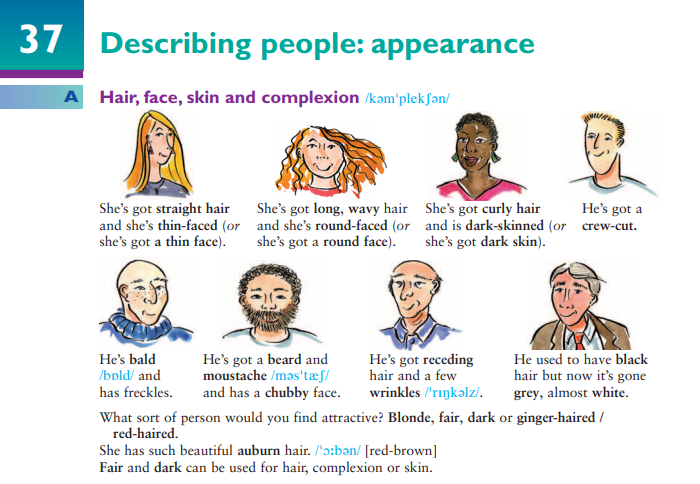 nine0011
nine0011
Hysteroids consider themselves sociable, friendly and pleasant people. At the beginning of a relationship, they are often perceived as very charming. But gradually the charm is lost, and they begin to be considered overly demanding and in need of support. In a quest for acceptance and approval, they tend to resort to various tricks, often using manipulation. If more subtle methods fail, they resort to coercion, blackmail, temper tantrums, and suicide threats. They are particularly prone to dichotomous ("black and white") thinking. They react intensely and spontaneously, jumping to highly negative or highly positive conclusions. nine0011
2. Pedantic personalities
The so-called pedantic personalities were once brilliantly described by the German psychiatrist Karl Leonhard in his famous book Accentuated Personalities. This category is distinguished by:
- excessive tendency to doubt and caution;
- preoccupation with details, rules, lists, order, organization, or schedules;
- perfectionism (striving for perfection), preventing the completion of tasks; nine0004
- excessive conscientiousness, scrupulousness, and inappropriate preoccupation with productivity to the detriment of pleasure and interpersonal relationships;
- increased pedantry and adherence to social conventions;
- rigidity (unwillingness to change) and stubbornness;
- unreasonable insistence that others do everything exactly as he does; unreasonable unwillingness to let other people do things;
- the emergence of persistent and unwanted thoughts and desires.

Such people often get stuck in details, finding it difficult to single out the main thing or taking almost everything as the main thing. Excessive thoroughness in performing cases of various importance and significance makes such individuals always find a lot of work for themselves. If the actions of hysterics are characterized by a lack of reasonable weighing, then pedants are delaying the decision, even when the stage of preliminary deliberation is finally completed. nine0011
In general, such persons suffer very seriously under the burden of responsibility: the impossibility of doing everything as required by their conscientiousness makes them unhappy. As a result, they may not only not seek promotion, but sometimes even refuse when they are offered a more responsible, high-paying position. The pedant often volunteers to work overtime to make up for lost time.
Keywords and leading motives for obsessive-compulsive personalities: "control" and "should".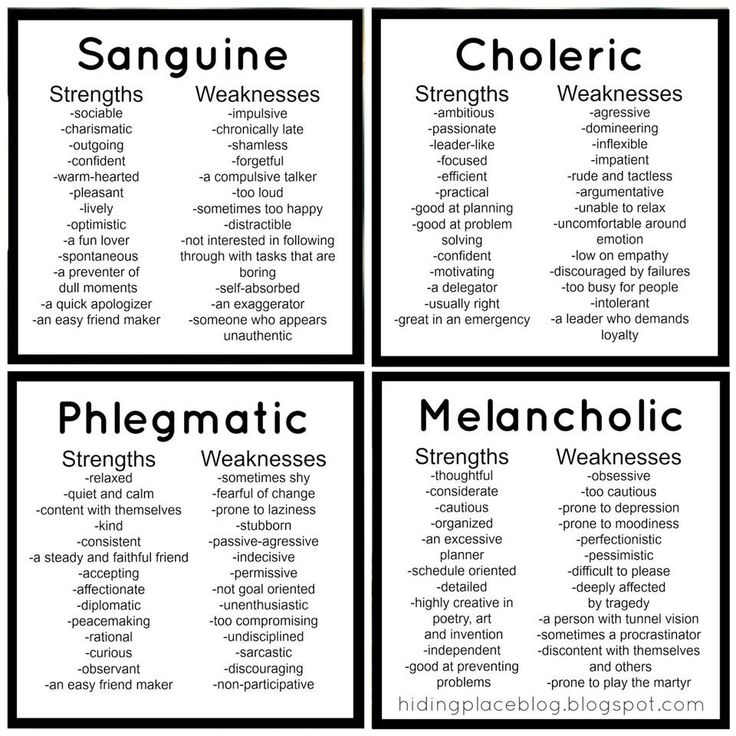 Within the framework of these ideas, their whole life and behavior is structured. They perceive most other people as too frivolous, often irresponsible, self-indulgent or incompetent, inexperienced. Therefore, under the fire of their criticism, many feel uncomfortable in communication. nine0011
Within the framework of these ideas, their whole life and behavior is structured. They perceive most other people as too frivolous, often irresponsible, self-indulgent or incompetent, inexperienced. Therefore, under the fire of their criticism, many feel uncomfortable in communication. nine0011
In an attempt to indulge their own weaknesses, pedants generously apply the word “should” to others. They reproach many of their entourage for insufficient observance of rules, norms and obligations, obsessively demand compliance with a mass of conventions and often excessive actions. Because of their perfectionist standards, these people are especially prone to long-term regrets, frustration, and punishment of themselves and others. Their most common emotional reaction, especially when expecting substandard performance, is anxiety. When a serious “failure” occurs, they may develop severe depression. nine0011
In general, we can say that the behavior of a pedantic person usually does not go beyond the reasonable. In these cases, others often benefit - the benefits associated with the tendency to solidity, clarity, completeness affect. In production, the worker is well known from this side: you can rely on him, he is always and willingly trusted with work that requires great accuracy, thoroughness or accuracy. The positive beginning of a pedantic personality is also manifested in the fact that such a person loves his production, is well aware of his obligations towards him and does not change his place of work without good reason. Often such people have been working at the same enterprise for many years, and sometimes all their lives. Pedants in most cases are true to traditions, rules, family. nine0011
In these cases, others often benefit - the benefits associated with the tendency to solidity, clarity, completeness affect. In production, the worker is well known from this side: you can rely on him, he is always and willingly trusted with work that requires great accuracy, thoroughness or accuracy. The positive beginning of a pedantic personality is also manifested in the fact that such a person loves his production, is well aware of his obligations towards him and does not change his place of work without good reason. Often such people have been working at the same enterprise for many years, and sometimes all their lives. Pedants in most cases are true to traditions, rules, family. nine0011
3. Excitable personalities
Personalities with such character traits are usually characterized by insufficient controllability. This is expressed in the fact that typical for the lifestyle and behavior of an excitable person are often not prudence, not the logical weighing of one's actions, but impulsive drives, instincts, and hard-to-control impulses. What is suggested by the mind is usually not taken into account, such a person is guided by his current desires, ideas and interests. The very concept of attraction can be reduced in excitable personalities, mainly, to the desire for discharge to a greater extent of a physical plane than a psychological one. nine0011
What is suggested by the mind is usually not taken into account, such a person is guided by his current desires, ideas and interests. The very concept of attraction can be reduced in excitable personalities, mainly, to the desire for discharge to a greater extent of a physical plane than a psychological one. nine0011
The reactions of excitable personalities are very impulsive. If they do not like something, they do not look for an opportunity to reconcile, tolerance is alien to them. In facial expressions and words, they give vent to irritation, harshly or angrily declare their demands, and sometimes retire with a scandal. As a result, such individuals, on the most insignificant occasion, get into a quarrel with superiors and employees, are rude; they are aggressive. The reasons for dissatisfaction can be very different: either they do not like the way they are treated, or the salary is low, or the work process does not suit them. nine0011
As anger increases, individuals with increased excitability usually move from words to assault.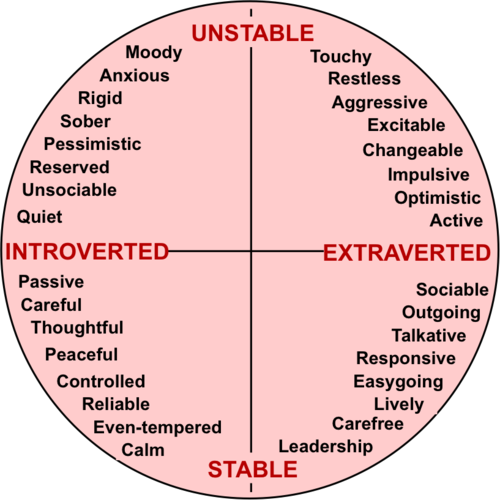 It happens that the assault of excitable individuals is ahead of words, since such people are not inclined to exchange opinions. Impulsivity of a pathological nature also applies to drives. Excitable personalities can be completely promiscuous in food and immoderate in its quantity, completely succumbing to their current desire. Many of them become chronic alcoholics. nine0011
It happens that the assault of excitable individuals is ahead of words, since such people are not inclined to exchange opinions. Impulsivity of a pathological nature also applies to drives. Excitable personalities can be completely promiscuous in food and immoderate in its quantity, completely succumbing to their current desire. Many of them become chronic alcoholics. nine0011
Signs of an excitable personality can be somewhat smoothed out by the presence of a natural mind, but it does not remove the driving force of instinct. This is especially noticeable in excitable children. In none of the cases of accentuation is the educational impact so difficult to achieve. However, as the individual matures, there is some improvement in the situation. With various excitements and temptations of everyday life, these people have enough self-control to keep from recklessness. nine0011
4. Avoiding personalities
People with avoidant personality disorder would like to be closer to others and match their intellectual and professional potential, but fear being hurt, rejected, and failing.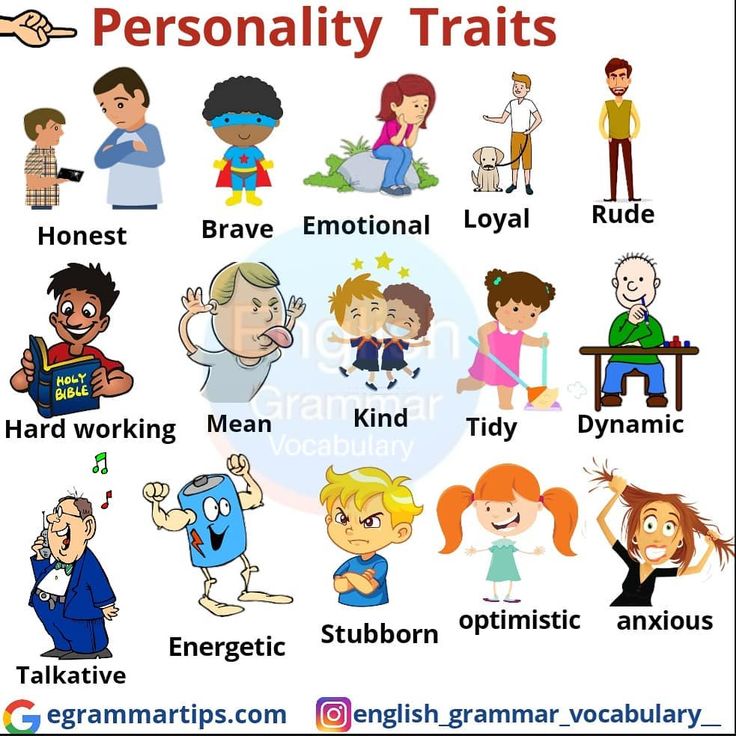 Therefore, they avoid communication or active participation in anything. They perceive themselves as socially inept and incompetent. They usually perceive other people as very critical, uninterested and humiliating. nine0011
Therefore, they avoid communication or active participation in anything. They perceive themselves as socially inept and incompetent. They usually perceive other people as very critical, uninterested and humiliating. nine0011
People with this disorder often have such internal strong beliefs: "I am bad, worthless, unattractive." These beliefs feed the following judgments: "If people approach me, they will discover the 'real me' and reject it, which will be unbearable and terrible." Or, “If I try something new and fail, it will be a disaster.”
The next level, which determines their behavior, consists of internal, imperceptible instructions to themselves, such as “It is better not to participate in risky business”, “I must avoid unpleasant situations at all costs”, “If I feel something unpleasant or think about it, I should try to forget about it by distracting myself or by taking a dose of something to calm me down or distract me.” nine0011
The main threat to them is that people will consider them deceivers, incompetent or nonentities; they will be condemned, humiliated or rejected.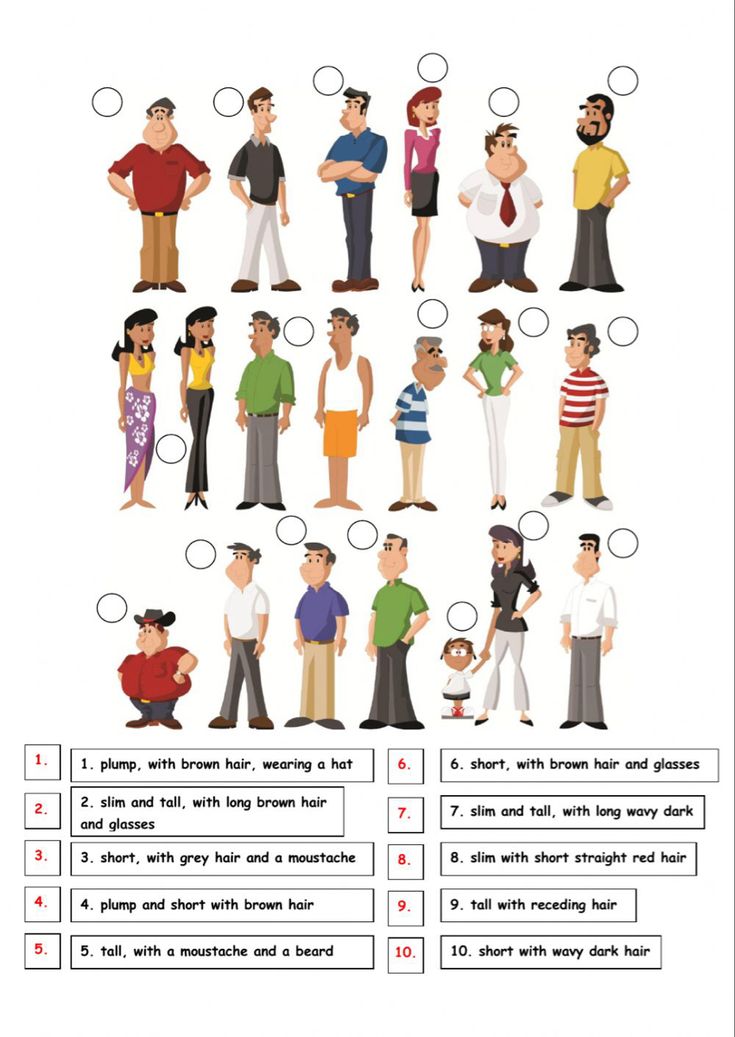 They try to avoid situations in which they can be judged. So, they tend to keep to themselves in social groups and do not draw attention to themselves. At work, they avoid new responsibilities and promotions for fear of failure and subsequent reprisals from others.
They try to avoid situations in which they can be judged. So, they tend to keep to themselves in social groups and do not draw attention to themselves. At work, they avoid new responsibilities and promotions for fear of failure and subsequent reprisals from others.
The main and typical emotion of avoidant individuals is dysphoria, that is, a combination of constant anxiety with sadness. Anxiety is caused by the possibility of being criticized, and sadness is the lack of close relationships and success. nine0011
Their low tolerance for dysphoria hinders the development of methods to overcome shyness and assert themselves more effectively. Their low tolerance for their experiences, along with their heightened sensitivity to failure and rejection, influences all their actions and defines their character. Avoiders simply lower their bar and avoid any activity or activity that comes with the risk of failure or rejection.
5. Dependent persons
People with dependent personality disorder see themselves as helpless and therefore try to attach themselves to a stronger person who will provide them with the means to survive and be happy.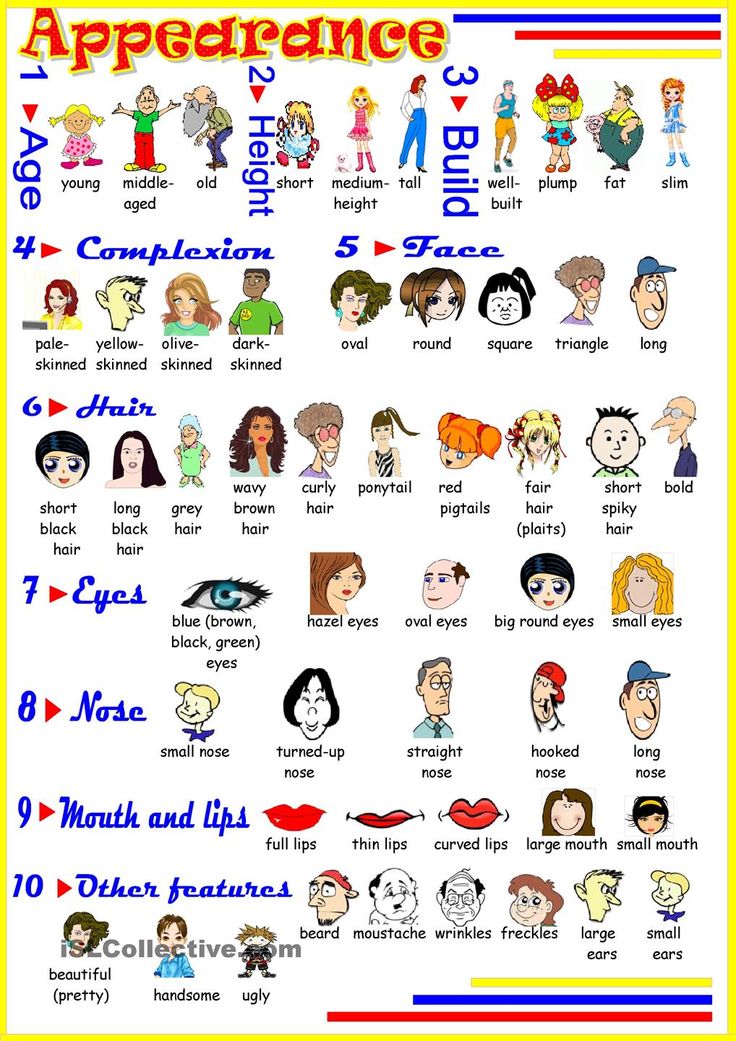 nine0011
nine0011
They feel in dire need of support and support, weak, helpless and incompetent. Such individuals idealize the image of a strong guardian, perceiving him as caring, supportive and competent in everything. Unlike the avoidant person, who stays free from difficult relationships and does not receive social support, the dependent person can function quite successfully as long as there is a strong person around. Dependent personalities believe, “I need other strong people to survive. Without a "protector" I will be lost. They are sure that their happiness depends on the presence of such a person. They believe they need a steady and continuous stream of support and encouragement. From dependent women, for example, you can often hear: “I can’t live without a man” or “I can’t be happy if they don’t love me.” nine0011
The behavior of such a person is guided by internally unconscious instructions such as: “Do not offend your protector”, “Stay close to him”, “Maintain as close a relationship as possible”, “Be dependent to bind him or her”.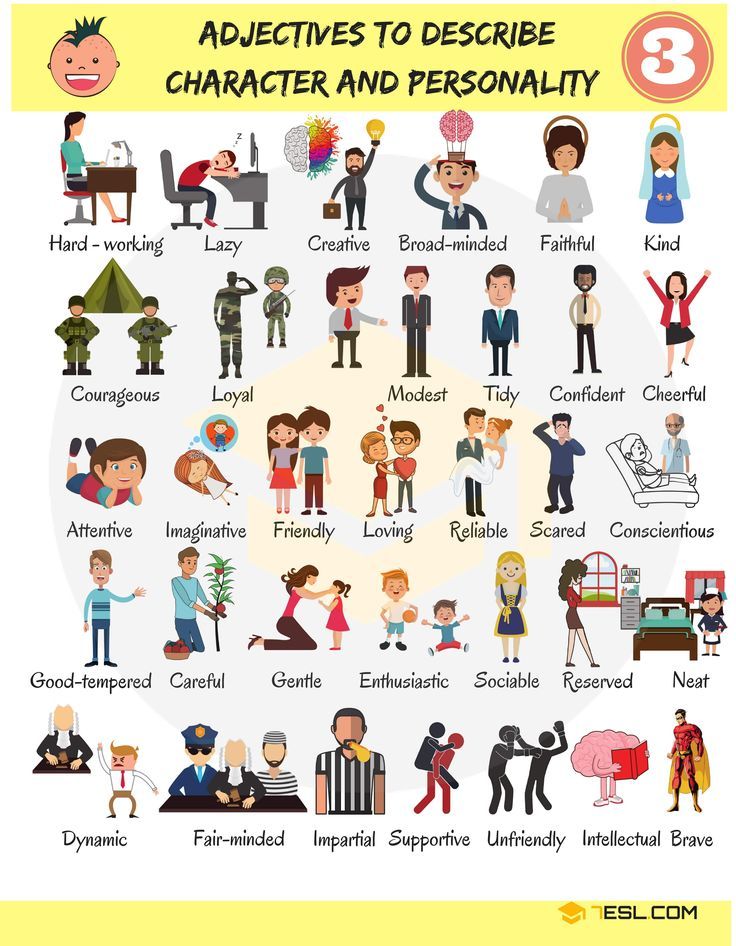 The main threat or trauma comes from rejection or rejection.
The main threat or trauma comes from rejection or rejection.
The main strategy of dependent individuals is to cultivate dependent relationships. They will often do this by submitting to a strong person and trying to appease or please that person. Their leading emotion is anxiety - anxiety about the possible rupture of dependent relationships. They periodically experience intense anxiety when they feel that the relationship is really strained. If the person they depend on disappears, they may sink into depression. On the other hand, they experience joy or euphoria when their dependent desires are satisfied. nine0011
6. Paranoid personalities
The key word for paranoid personality disorder is "distrust." The paranoid person takes this position in most situations in life, including even the most favorable and safe ones.
Paranoid individuals believe that they are virtuous and unfairly mistreated. In essence, they perceive other people as deluded, dishonest, treacherous, and covertly manipulative.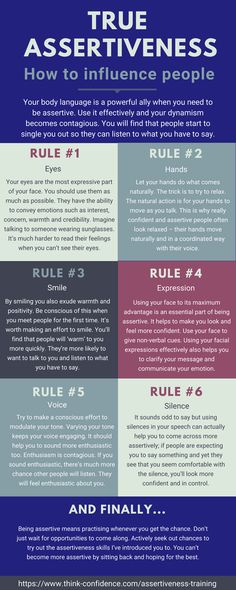 Believing that others want to interfere in their affairs and criticize them, the paranoid treat them biased and do all this secretly and under the guise of innocence. nine0011
Believing that others want to interfere in their affairs and criticize them, the paranoid treat them biased and do all this secretly and under the guise of innocence. nine0011
The hidden inner beliefs of paranoid personalities consist of representations such as: “I am vulnerable to other people”, “People cannot be trusted”, “Their motives are suspicious”, “They are up to no good”, “They are deceivers”, “They are hiding something and are opposed to me", "They are going to hurt me or humiliate me." Their behavior is determined by ideas like: "If I'm not careful, people will control, abuse or take advantage of me", "If people are friendly, they try to use me", "If people behave with restraint, this proves that they are unfriendly and hide something". Paranoid self-instructions: "Be on the lookout", "Trust no one", "Look for ulterior motives". nine0011
The main fears are related to the fact that they are secretly manipulated, controlled, humiliated or treated with prejudice. Believing that other people are opposed to them, paranoid individuals are forced to always remain on the alert.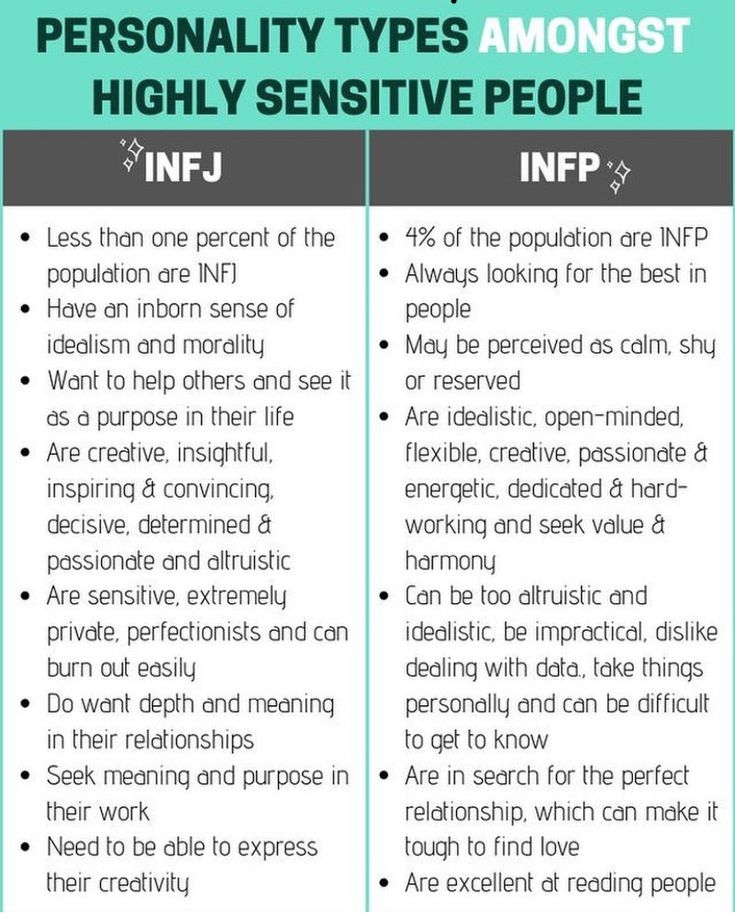 They are cautious, suspicious, and are always looking for signs of the "insidious plans" of their opponents. From time to time, they may accuse these adversaries of causing harm and, therefore, arouse some hostility towards themselves from those around them, which only reinforces painful beliefs. nine0011
They are cautious, suspicious, and are always looking for signs of the "insidious plans" of their opponents. From time to time, they may accuse these adversaries of causing harm and, therefore, arouse some hostility towards themselves from those around them, which only reinforces painful beliefs. nine0011
Their leading emotion is anger at the alleged outrages and intrigues directed against them. But some paranoid individuals may additionally experience persistent anxiety about perceived threats.
7. Antisocial personalities
Antisocial personality disorder can take many forms. The manifestation of this behavior can range from cunning, manipulation and exploitation to outright aggression.
People with this disorder see themselves as lonely, independent, and strong. Some of them believe that society and its individual members abuse them or treat them cruelly. They consider themselves oppressed and justify the oppression of others on their part.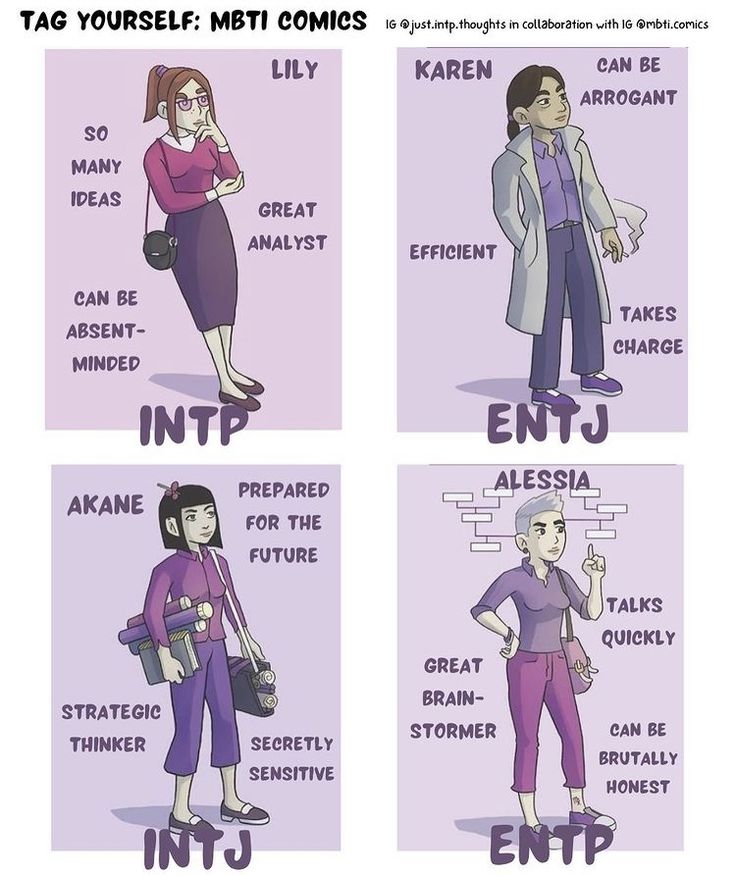 nine0011
nine0011
Others may take on the role of predator in a "cruel" world where breaking the rules of society is normal and even desirable. They perceive the people around them either as exploiters (and therefore "deserving" to be exploited) or as weak and vulnerable (and therefore "deserving" to be victims).
The beliefs of people with antisocial personality disorder are egocentric in nature and are essentially: "I must be on the alert", "I must be the aggressor, otherwise I will be the victim." “If I don’t push people around (manipulate them, exploit them, even attack them), I will never get what I deserve”, “You deserve everything you want”, “Take it, you deserve it”. nine0011
Such a person believes that he has the right to break the rules, which, in his opinion, are arbitrary and designed to protect the haves from the have-nots. These views are different from those of people with narcissistic personality disorder, who consider themselves so special, unique, that they are above the rules - a privilege that everyone should recognize and respect.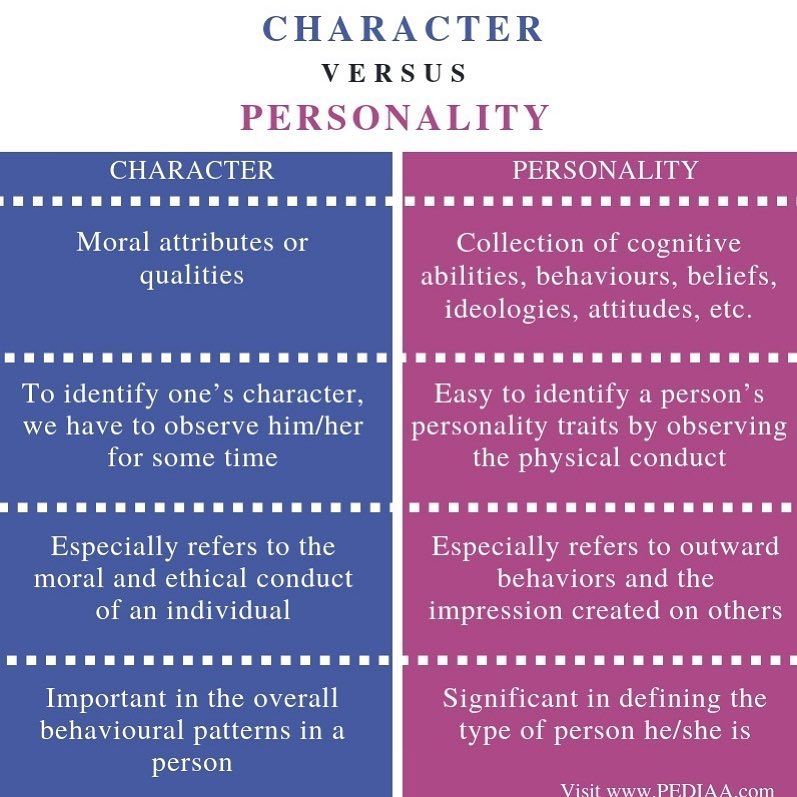
The only open expression of emotion in such individuals is anger at the fact that people around them have something that they do not have, but which, in their opinion, they deserve much more. nine0011
8. Narcissistic personality disorder
The key behavior for this type of personality is self-exaltation. Narcissistic personalities sincerely perceive themselves as special and unique. Such an attitude towards oneself arises in a narcissistic personality without any biological, social or generic prerequisites. They believe that they occupy a special position that puts them above the mass of ordinary people and generally accepted rules. They consider themselves as the best representatives of the human race, who have the right to a special disposition and favorable treatment. nine0011
Narcissists consider all other people worse than themselves, but differently than antisocial personalities. Narcissists regard other people as their subordinates or admirers. At the same time, they have to become dependent on others as they expect and even seek their admiration. The latter is vital for them to confirm their own greatness and preserve their image.
At the same time, they have to become dependent on others as they expect and even seek their admiration. The latter is vital for them to confirm their own greatness and preserve their image.
Leading narcissistic beliefs are: “Because I am special, I deserve special privileges, privileges, and rights”, “I am above others and above rules. The rest should recognize it", "If people do not recognize my special position, they should be punished", "Always strive to insist on your superiority or demonstrate it." nine0011
The main strategies of narcissists are to do everything possible to strengthen their higher position and expand their influence. They tend to compete with those who claim the same high position. They also quite often resort to manipulative strategies in order to achieve their goals. Unlike the antisocial personality, they do not have a cynical attitude to the rules of behavior: they simply consider themselves free from them. They see themselves as part of society, but always refer to themselves as upper class. nine0011
nine0011
Their most common emotion is irritation or anger, which occurs when other people do not show admiration or respect for them, or when people argue with them or cross them. If their strategies are thwarted, narcissists tend to become depressed.
How to deal with "difficult" people
Offer cooperation. People rarely change. You cannot change their inner being. If you accept this postulate, your efficiency will increase. Through collaboration, you can help them change their behavior. If you are trying to change people, you will provoke resentment and irritation on both sides when your efforts do not work. If you accept a person and work with him, your interlocutor begins to feel that he is understood and respected. This is the first and most important step towards cooperation. nine0011
Develop your skills. Perhaps such a person is happy because he is "difficult", because his own behavior suits him. Therefore, you need to arm yourself with the necessary skills.

